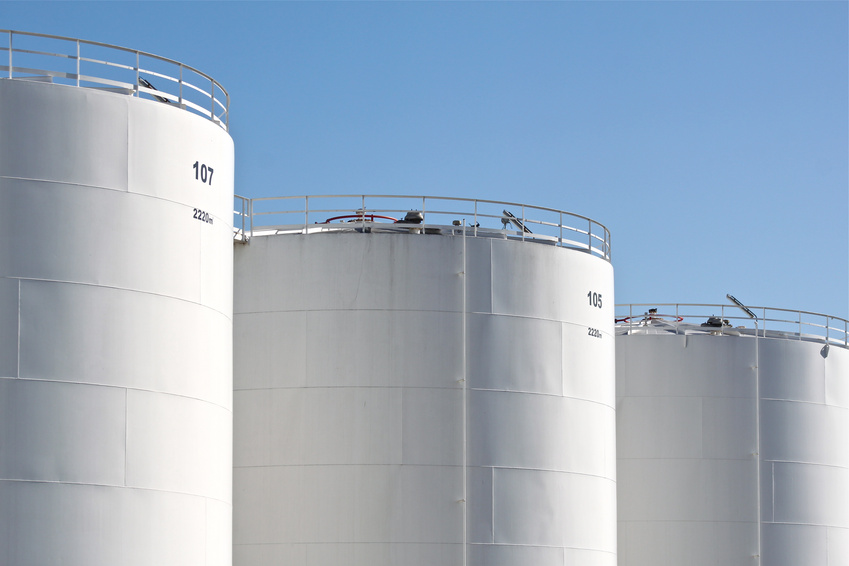
Above ground storage tanks are commonly used to store substances like liquid fertilizer, chemicals and various petroleum products — both of which contain volatile organic compounds that are extremely hazardous to the environment and public health. Just one pint of oil can expand to a whole acre of groundwater, putting local ecosystems at serious risk. It also creates significant cleanup costs for your venture.
As a result, it’s highly important to manage your above ground storage tanks so they won’t leak or spill their contents into the environment and contaminate the local groundwater supply.
Want to make sure your steel storage tanks don’t contribute to groundwater contamination in your area? Here are the three best things the EPA recommends you do:
Take location into consideration
The place where you construct your above ground storage tanks in relation to drinking water wells, bodies of water and sewers should be carefully considered. The EPA recommends you keep above ground storage tanks adequately far away from surface water, areas of heavy drainage activity and areas where the soil is especially water-logged.
Regularly inspect tanks for corrosion
Once a month, you or your workers should be performing external above ground storage tank inspections to look for signs of potential leaks and corrosion. Examine each tank’s welding, gaskets and fittings as well as its shell. By performing these above ground storage tank inspections routinely, you will be able to detect the warning signs of a future leak early on so the problem can be fixed before these contaminants leak out and contaminate the groundwater.
Invest in tank corrosion protection
To help extend the lifespan of your tanks and keep leaks and spills at bay, you should outfit them with the proper corrosion protection features. By placing tanks on concrete slabs, building double-walled tanks or outfitting tanks with internal PVC liners, you can keep corrosion at bay.
Have any other questions for us about API 653 above ground storage tank inspections or any other matters related to liquid fertilizer tanks? Ask us anything by leaving a comment below.
